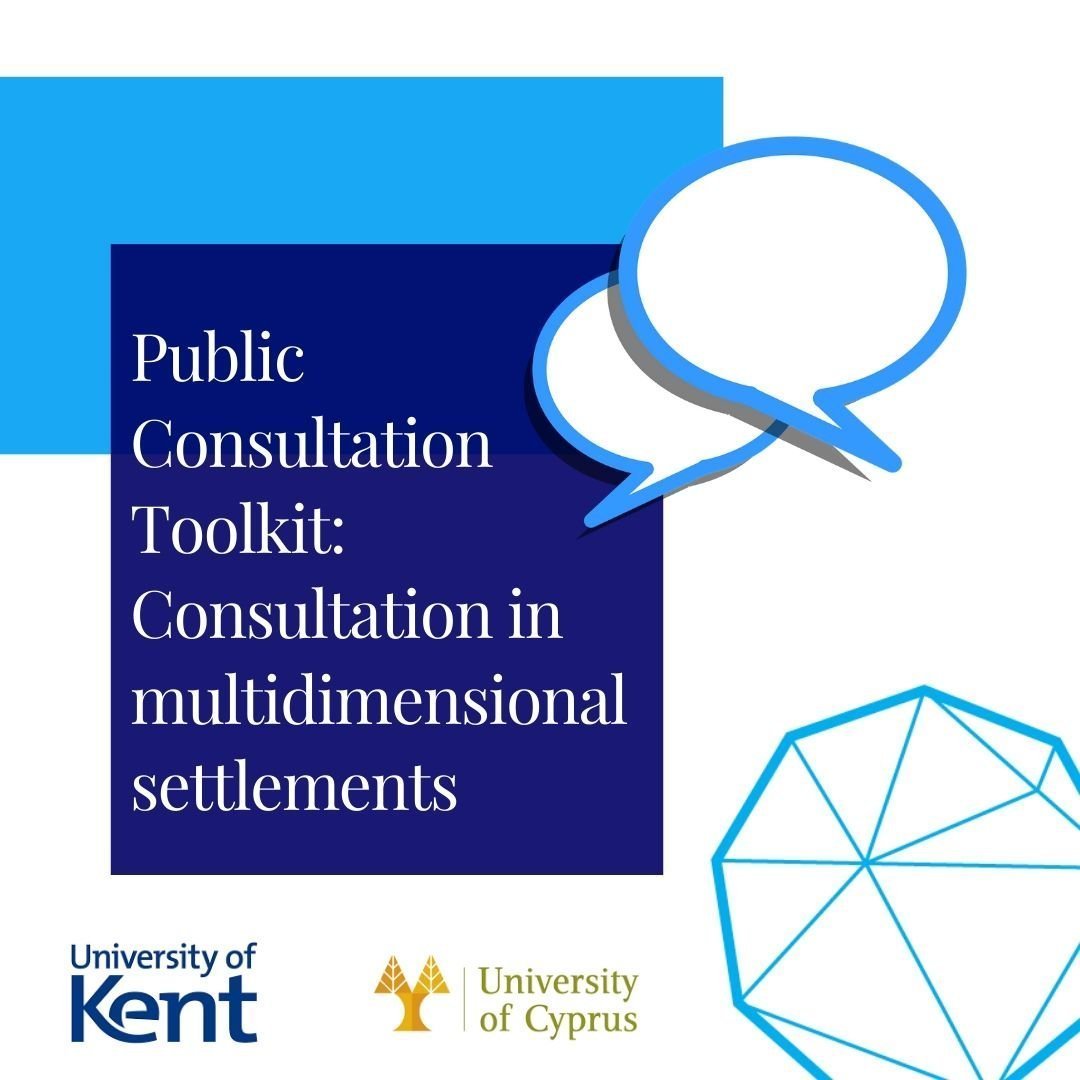RISE along with the University of Kent (Conflict Analysis Research Centre) and the University of Cyprus (Centre of Field Studies) have developed a new technology to support public consultation in multidimensional settlements. The scenario settlement toolkit builds on a forthcoming article in Research and Politics entitled Citizen Preferences about Border Arrangements in Divided Societies: Evidence from a Conjoint Experiment in Northern Ireland and a current bicommunal survey in Cyprus on preferences and trade-offs in the UN-held peace talks.
Described as “the most promising design innovation in survey experiments developed over the past decade” (Sniderman, 2018), conjoints can capture public opinion concerning complex decisions with multidimensional aspects. The main rationale of this method is simple; choices that appear in negotiations as packages have to be asked in surveys as such rather than in the form of individual questions. Conjoint experiments can help us estimate how individual elements making up a compromise can affect the likelihood of selecting a specific package compromise.
Our public consultation toolkit takes this innovative method a step forward by introducing a novel visualization toolkit that allows viewers estimating public levels of support for their own multidimensional packages. Following the completion of the Northern Ireland and Cyprus work, RISE and partners are interested in broader collaborations within and beyond academia where there might be a demand for solutions to complex trade-offs. Examples might include public policy consultations for the pandemic (wealth vs health vs freedoms vs education debate), arbitrations in inter-state disputes, and commercial applications (an industrial product or a tourist package). Our expertise could cover the design of relevant surveys using conjoints as well as the development of dedicated toolkits that enable stakeholders to reconstruct alternative packages and tradeoffs.
For more information on the Public Consultation Toolkit:
Contact Neophytos Loizides at n.loizides@kent.ac.uk or visit KentUCYTOOl WEBSITE

